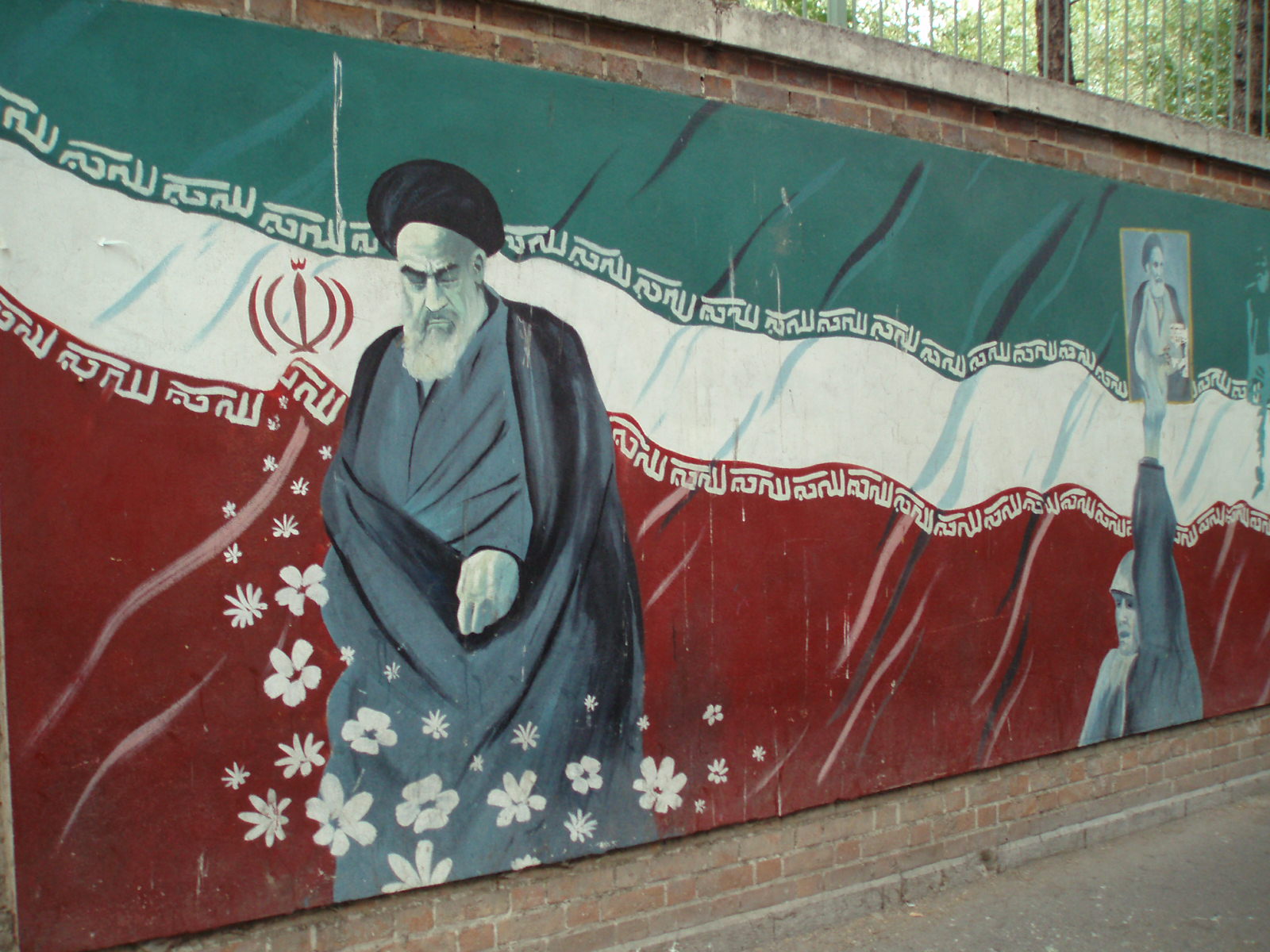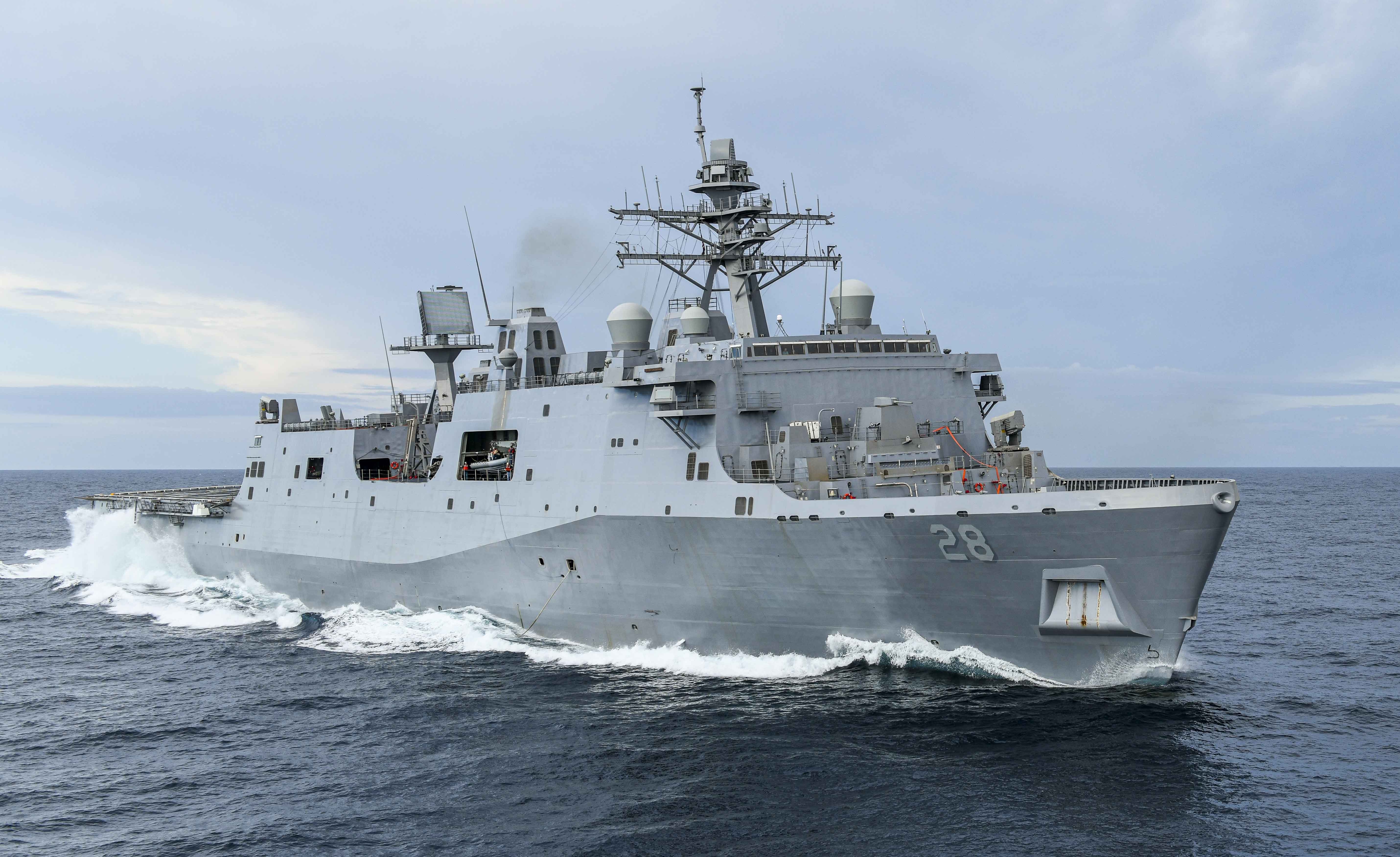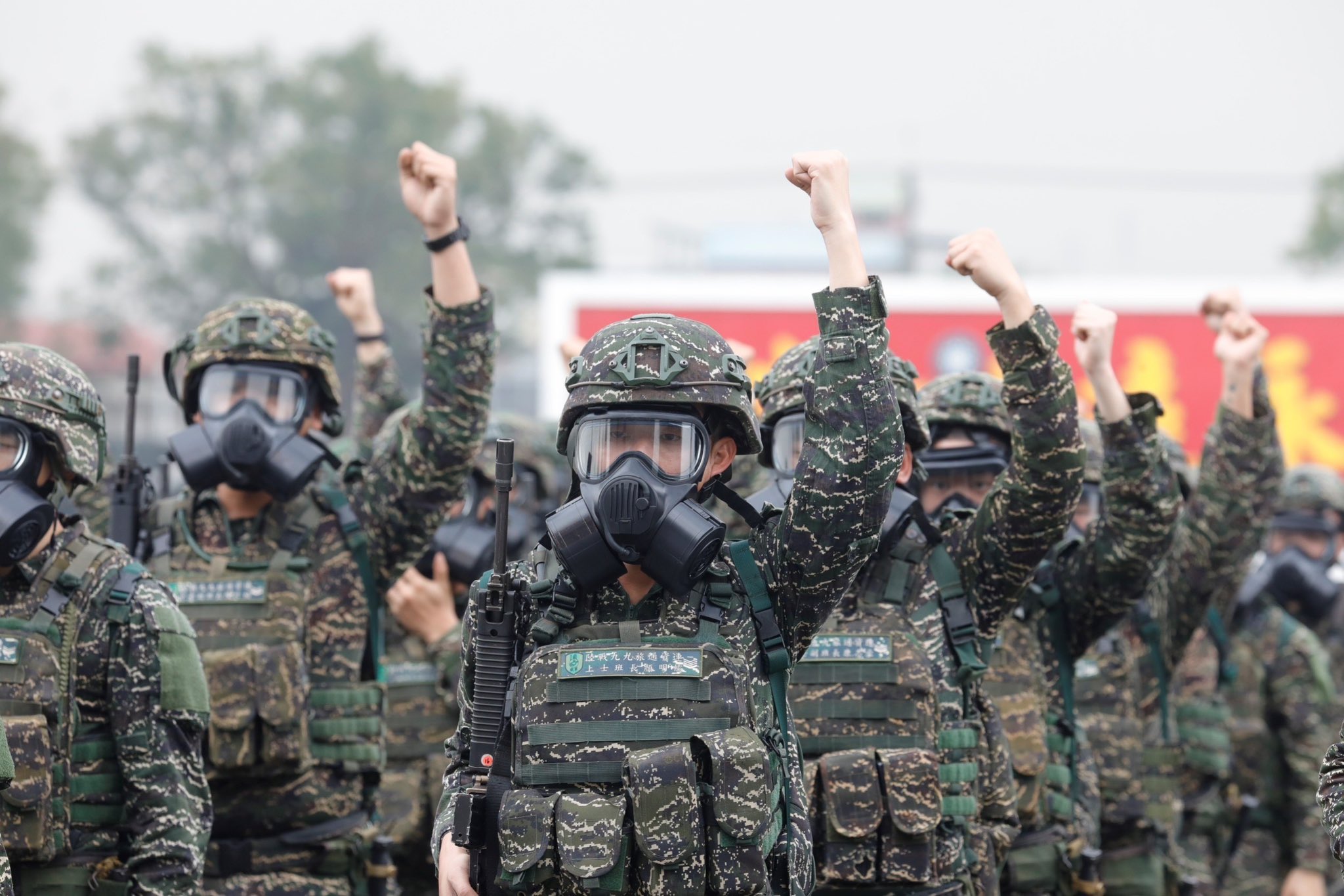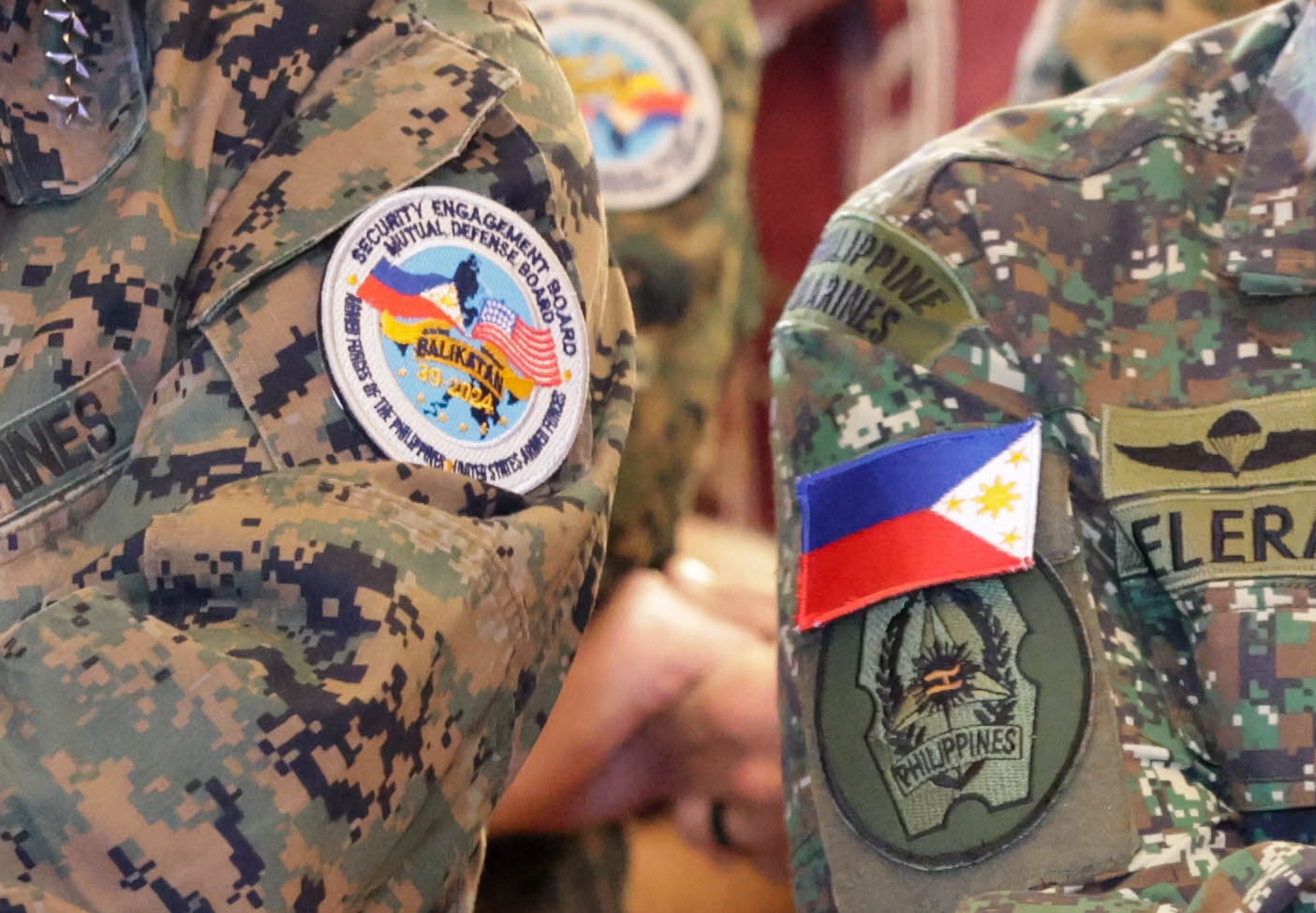
Looking ahead to Monday’s United States-Gulf Cooperation Council summit meeting at Camp David, the ambassador from the United Arab Emirates to the U.S. said the talks would focus on more than the ongoing multi-lateral nuclear talks with Iran, United Arab Emirates ambassador to the U.S. Yousef al Otaibi, said on Thursday.
Speaking at an Atlantic Council forum in Washington, D.C., al Otaiba added that his country doesn’t see the summit only in the light of the U.S.-Iran nuclear negotiations. He called it a first step in reaching a security arrangement that goes beyond the “gentlemen’s agreement” that now exists between the United States and the council.
“We need something in writing.” He also proposed making the meetings an annual event, to be held at Camp David and in the Middle East. The United States holds similar meetings its allies and partners in Europe and Asia.
The council is made up of the United Arab Emirates, Saudi Arabia, Oman, Qatar, Bahrain and Kuwait.
Derek Chollet of the German Marshall Fund, said although it is highly unlikely that a treaty would come out of this meeting it is important “to show our commitment” to the gulf states. He noted that the United States has kept about 35,000 service members in the region despite withdrawals from Afghanistan and Iraq, rotational force demands in Europe, and a growing presence in the Pacific.
That commitment of presence needs to stay in place for the future, Chollet said.
Pointing to the nuclear negotiations and the possibility of that particular Iranian danger being mitigated for 10 to 15 years, Martin Indyk of the Brookings Institution said that the gulf states do feel “a dramatically increased sense of threat” with the collapse of the existing political order in countries such as Syria, Iraq, and Yemen, and the rise of meddling on the part of the so-called Islamic State and Iran across the Middle East.
For example, “Saudi Arabia is looking at chaos on all its borders.”
Al Otaibi said the United States already has produced a model that could work to stabilize security situation in the Middle East. It “invented the containment strategy in the Cold War” that stopped Soviet expansion in Europe without a nuclear war.
Indyk added, the president “has to stand up to Iran” to convince the gulf states that the United States “will not abandon their interests on the altar of rapprochement” with Teheran if a nuclear agreement is reached.
But Ellen Laipson of the Stimson Center urged caution. “We can’t identify completely with the Arab position” while “we are trying to bring Iran in from the cold.”
The threat facing the gulf states is both a conventional one from Iran in the Strait of Hormuz and irregular as well, such as the Houthis advances in Yemen and potential cyber attacks.
Al Otaibi noted the gulf states are operating in Yemen without U.S. troops and aircraft and are cooperating with the United States in the campaign against the Islamic State in Syria. For the UAE, it means fighting a two-theater war.
Laipson said, “There is this power shift” occurring as the gulf states assert themselves in crises such as Yemen and against the Islamic State. At Camp David, she expected the gulf states to take the lead on a number of discussions over present security needs because they are “more in command to know the facts on the ground.”
The ambassador saw a need to buy F-16s and PAC III air-defense missiles to meet the conventional military threat from Iran and also the means to counter irregular threats from the Islamic State or Shi’ite insurgents such as the Houthis in Yemen, Hezbollah in Lebanon, and Hamas in the Gaza Strip. But American “foreign military sales [regulations and laws] are very frustrating” and need to be changed to meet fast-changing needs.
Laipson said it is important to pool resources to buy equipment that is interoperable with other council members and the United States. “The United States urges integration of our defense systems.”





